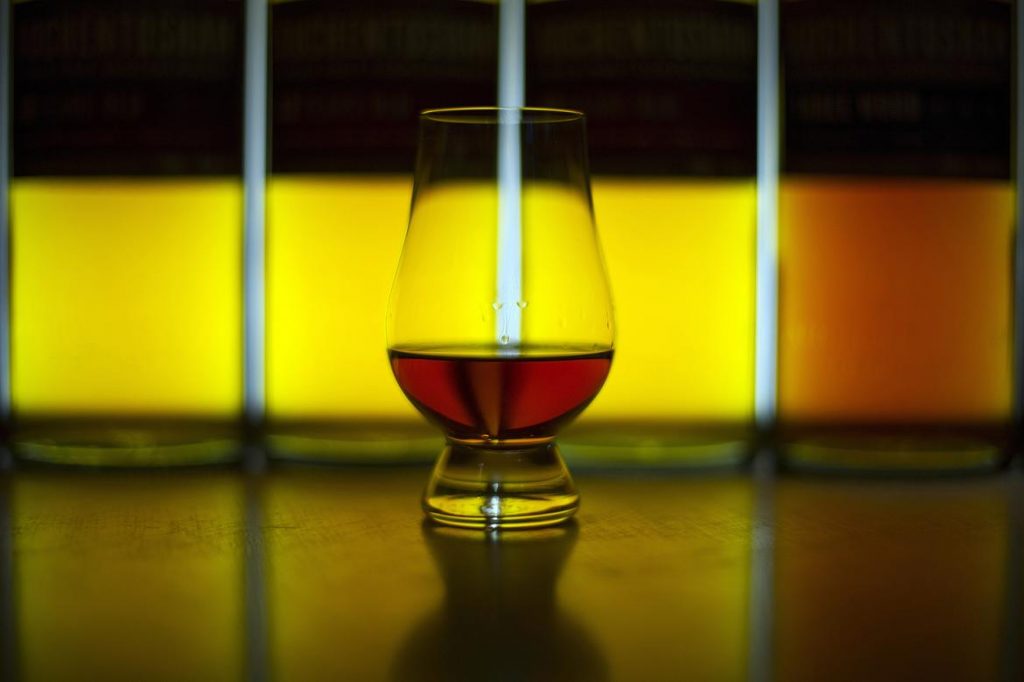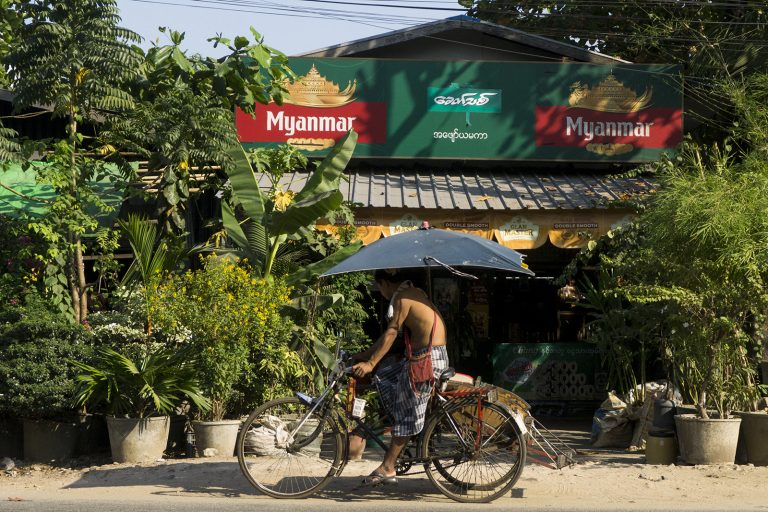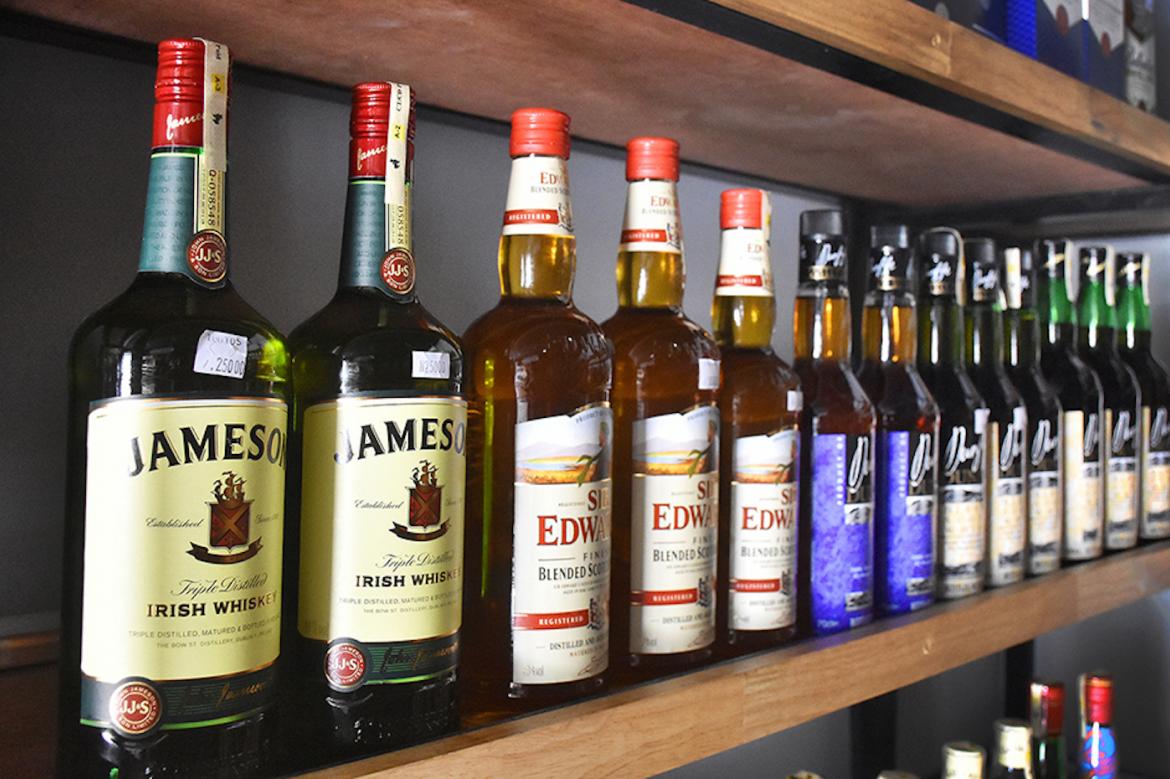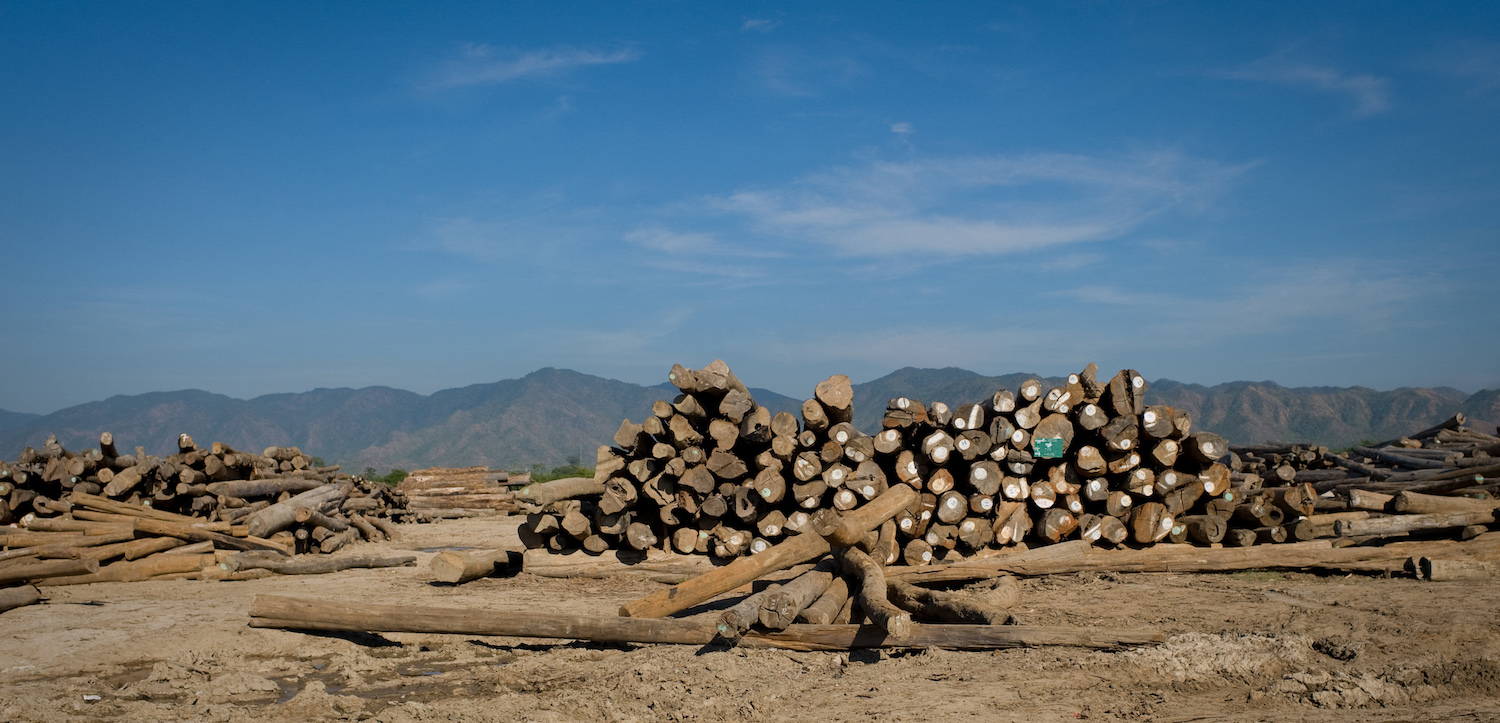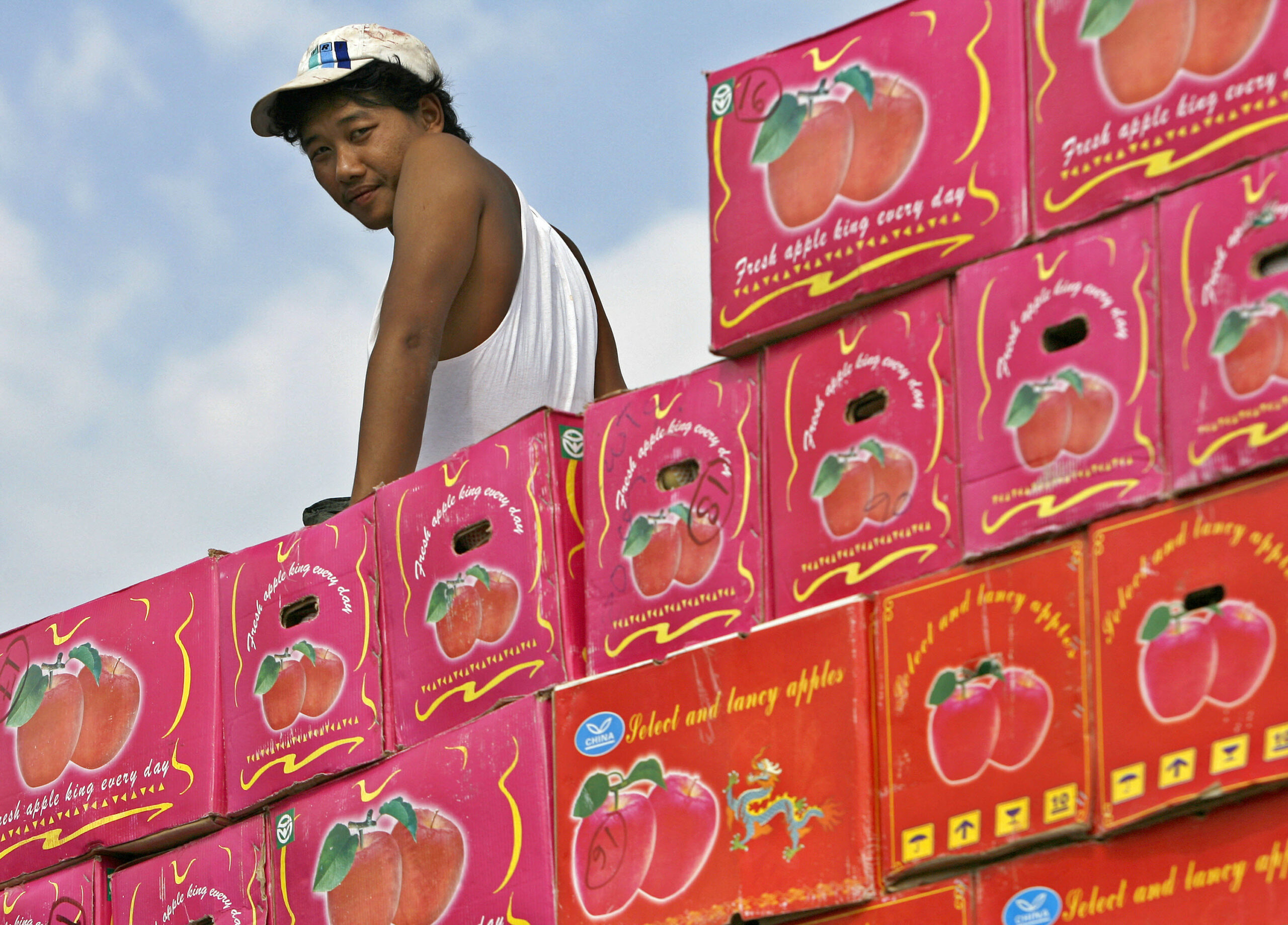For 50 years, successive Myanmar governments have banned the import of foreign liquor but the only beneficiary has been the black market.
By SITHU AUNG MYINT | FRONTIER
NEAR THE Dagon Centre in Yangon’s inner Mayangone Township there’s a shop that for many years has specialised in selling imported food and beverages, including wine and spirits. The Khin Aye shop had a reputation for selling genuine products at a fair price, especially foreign spirits and wine.
The business was a hive of unusual activity on October 1 as staff packed the foreign alcohol products into boxes to remove them from the shop. There were similar scenes in other businesses that sell imported alcohol products.
They came after the businesses that hold licences to sell foreign alcohol were summoned by the authorities late last month and told that it was illegal to import foreign spirits and their sale was banned. The businesses were reminded that the maximum penalty for selling illegally imported alcohol is three years’ imprisonment and a fine. It was a powerful incentive to quickly clear their shelves of banned beverages.
It was not the first time that shops selling foreign alcoholic beverages were ordered to remove them from their premises. A similar crackdown launched in September 2013 resulted in tens of thousands of bottles of foreign wine and spirits being removed from the shelves of the country’s biggest supermarket chain, City Mart.
Support more independent journalism like this. Sign up to be a Frontier member.
Commerce Ministry teams also seized 30,000 bottles of wine and 2,400 cans of beer from the Yangon warehouse of beverages distributor, Quarto Products, and 89,000 bottles of whisky, wine and beer from another big distributor, Greenline Myanmar Group. They were not the only targets of Commerce Ministry raids.
Until the crackdown in 2013, foreign wines and spirits were widely available. However, after imported alcoholic beverages disappeared from the shelves of supermarkets and big retailers, they continued to be sold at smaller outlets, such as Khin Aye.
The ban on imported alcohol products dates to the autarkic policies of the socialist system introduced by General Ne Win after he seized power in a 1962 coup. The military government that quashed the national uprising in 1988 after seizing power on September 18 that year began introducing economic reforms, but it formally banned imports of alcoholic beverages in 1995. The move was aimed at supporting domestic production, especially of spirits, although exemptions to the ban were granted to tourist hotels and duty-free shops.
Subsequent military regimes and the Union Solidarity and Development Party government that took office in 2011 further eased restrictions on imports, but maintained the ban on alcoholic beverages. Further liberalisation has seen imports of foreign wine allowed in 2015, but not spirits.
Restaurants that wish to stock foreign wine are required to have an import permit from the Ministry of Commerce that details the quantity and brands of the products they want to stock, which may only be served on the premises.
However, the situation is complicated because the licences to sell alcoholic products are issued by the General Administration Department of the military-controlled Ministry of Home Affairs. Alcohol retailers need an FL-12 licence and bars, restaurants and nightclubs an FL-17 licence, which cost K1.5 million and K2.4 million, respectively.
Of the 40,000 FL-12 licences issued, more than 2,000 have been for shops in Yangon Region. A higher number of FL-17 licences are reported to have been issued.
It does not make a lot of sense that thousands of restaurants have licences to sell alcoholic beverages that cannot be legally imported. The result is limited choices for consumers and lost import tax revenue opportunity for the government.
Despite the crackdown on imports, it is widely known that consumers with a yen for a foreign tipple or glass of wine can secure supplies from the black market, or retailers who are prepared to risk breaking the law. Foreign whisky is especially appreciated in Myanmar – not least among government ministers, senior Tatmadaw officers and high-level bureaucrats.
The ban raises a question: Why has Myanmar prohibited the import of foreign spirits for more than half a century? It does not make sense, and is as perplexing for Myanmar citizens as it is for expatriates. If the ban is for religious reasons, because of the Buddhist precept that adjures abstinence from intoxicants, then production restrictions should be imposed on the hundreds of local distilleries, too.
The only beneficiary of the liquor import ban is the black market. It’s time the ban was abolished.


